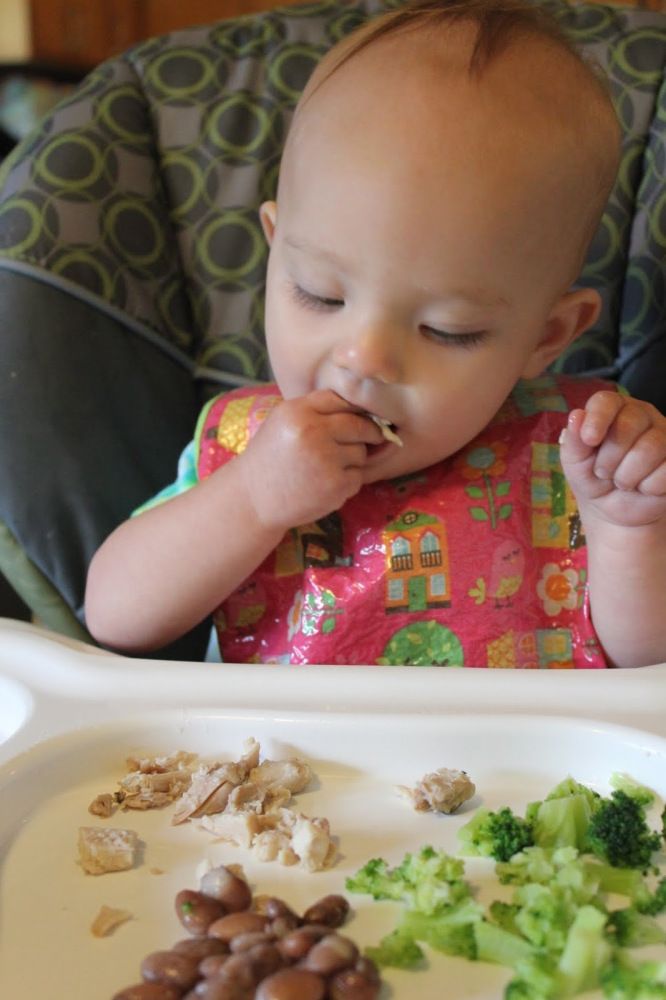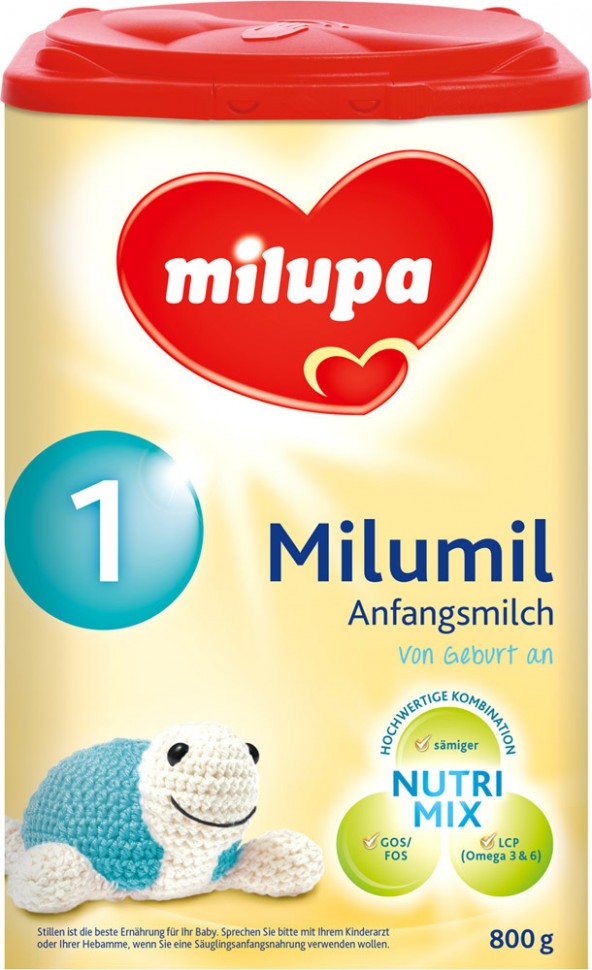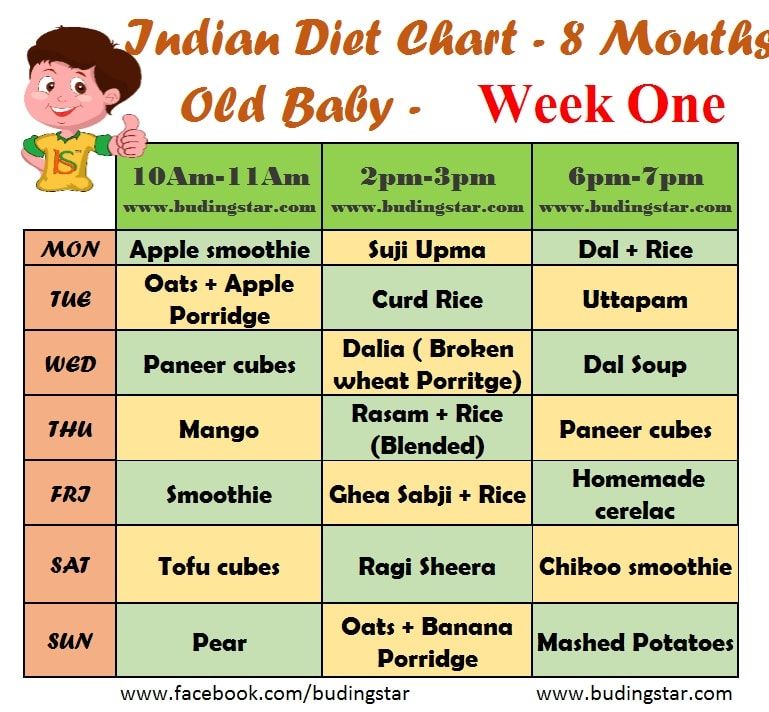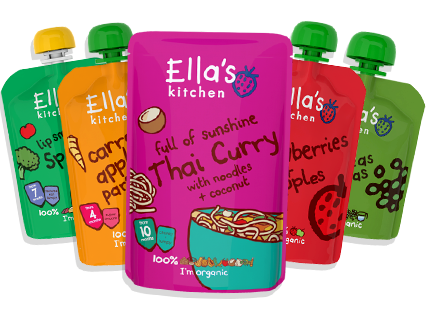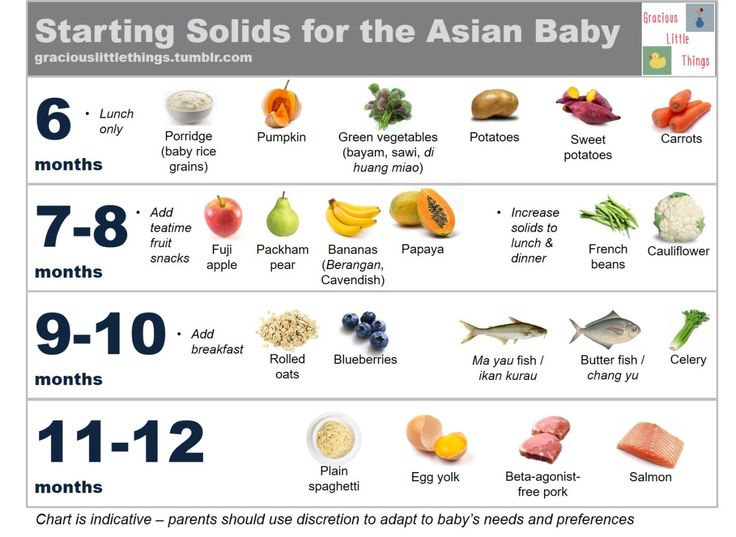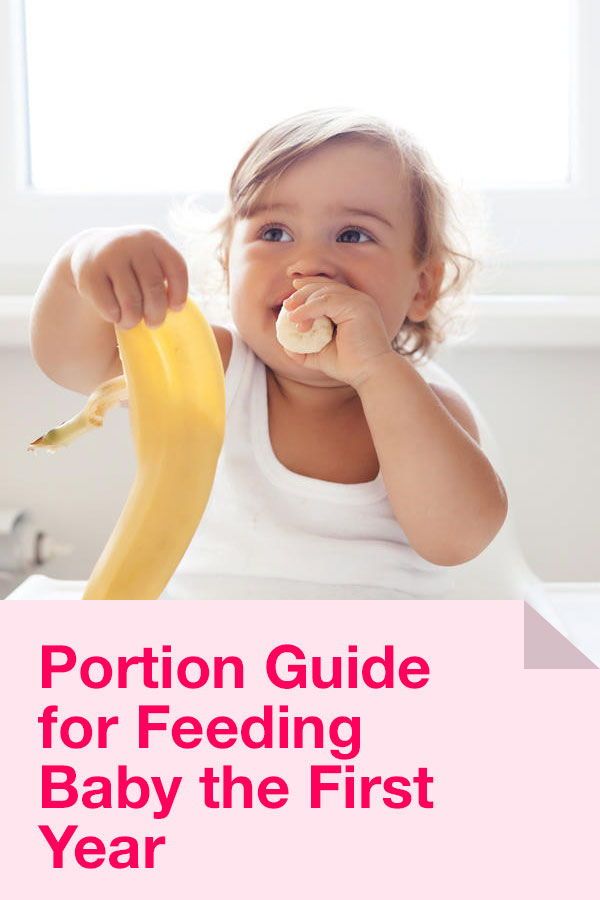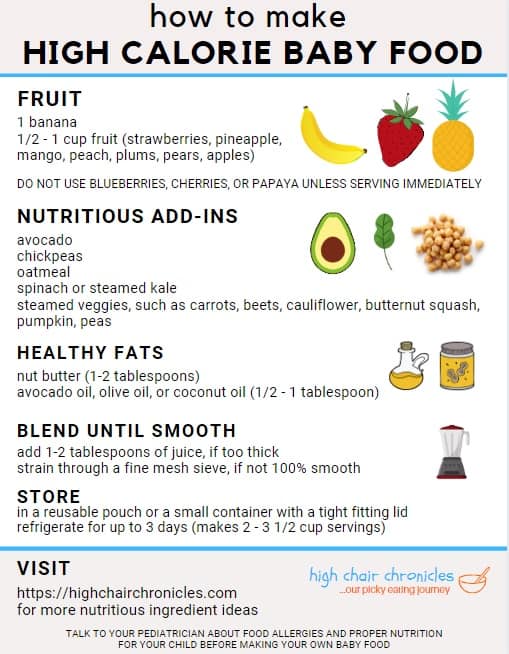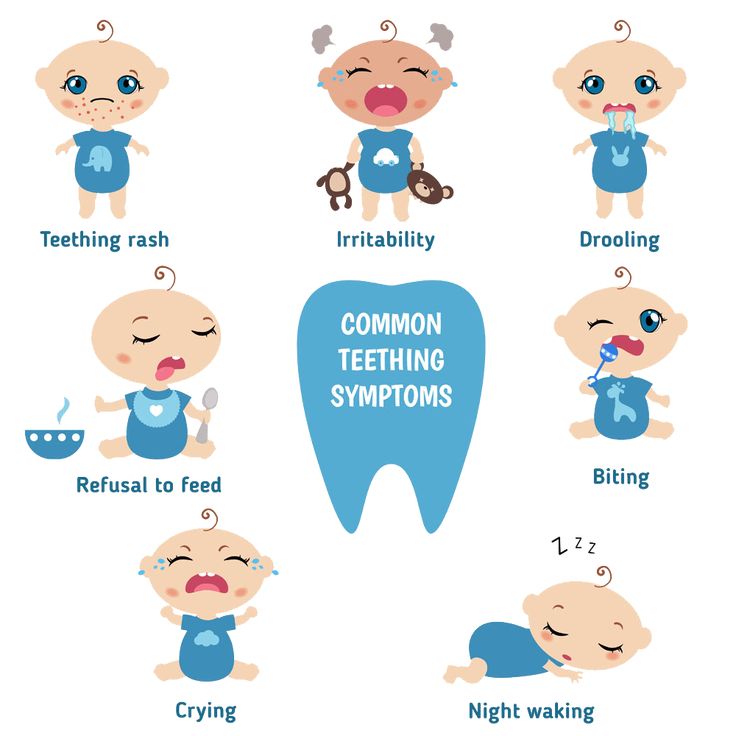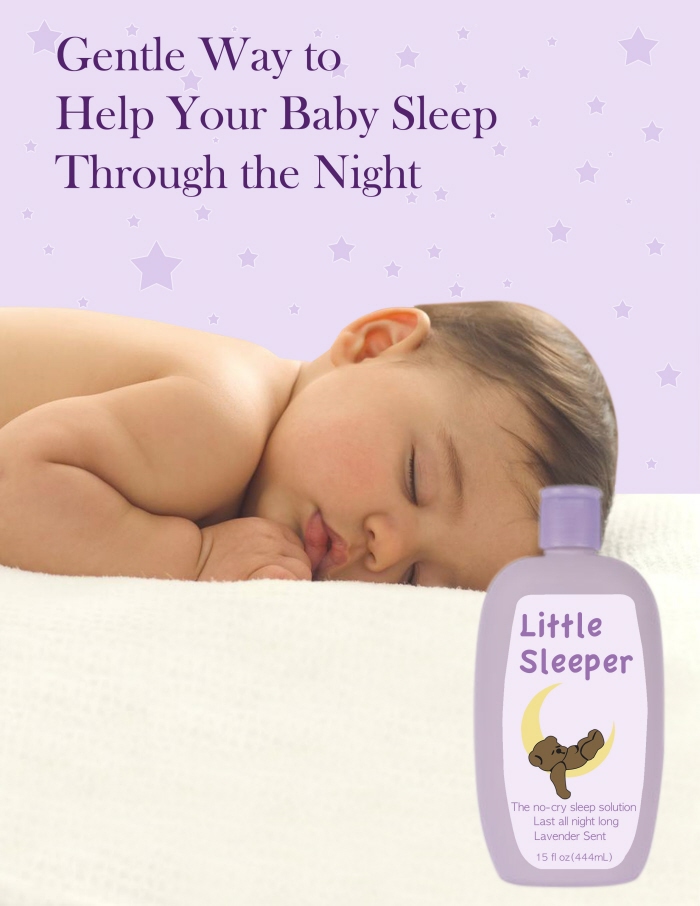Nestling food for baby canaries
What To Feed Newly Hatched Canaries [A Complete Guide]
(Last Updated On: October 26, 2022)
Baby canaries usually hatch 13-14 days after being laid, emerging hungry for food. Newly-hatched canaries have sensitive digestive systems. So, if you have fledglings, they need to be fed the right diet.
5 Essential Shrimp Feeding Tips
Please enable JavaScript
5 Essential Shrimp Feeding Tips
Baby canaries should subsist on a diet of nutrient-rich nestling food consisting of softened seeds, hard-boiled eggs (or egg food), crushed fruits, and vegetables. Once you start weaning baby canaries, continue feeding them nestling food until they’re ready to start eating seed mixes.
Offering nestling food to your canaries supplies your baby canaries with the nutrients they require to grow healthy and replenishes the energy of the nursing parents.
What To Feed Canary Babies
Provide nestling food to your canaries on the 12th day of incubation. Nestling food is the food that a nursing female eats before feeding it to her hatchlings once they emerge from the eggs.
According to Biological Sciences, parent canaries are attuned to posturing behavior and calling by their chicks, which signals the time for feeding.
Once the fledgling canaries are ready to leave the nest, they’ll continue feeding on nestling food on their own. Eventually, they’ll transition to the normal seed mixes that adult canaries eat.
Nestling food should be nutrient-rich with a high protein content to ensure nursing parents receive enough nutrition to keep their energy levels high before the baby canaries hatch. Afterward, the same seed and supplement mix will aid the growth and development of canary chicks.
Here are the most important ingredients in canary nestling food:
Soft Seed
Canaries mainly eat a seed-based diet that consists of the following:
- Millet
- Hulled oats
- Rapeseed
- Flaxseed
- Perilla
While adult canaries can eat dry seed mixes easily, the digestive system of baby canaries is too fragile and underdeveloped to break down the hard shells of seeds. So, give them soft seeds.
So, give them soft seeds.
There are several ways to soften seed mixes to make them more palatable and easy to digest.
You can boil the normal seed mix for 20 minutes and allow it to cool before offering it to your canaries. The parents will use this soft seed mix to feed their fledglings for the next 2 weeks as they go through their formative stages of growth.
You can soften the canary seed mix by soaking it in water. There are soaked seed mixes that you can get from a pet store and soak them using the directives prescribed on the packaging.
To prepare the seed mix for your baby canaries, do the following:
- Soak the seed mix at room temperature for 2-3 days to encourage sprouting.
- Strain the water.
- Check the seeds to ensure there’s no sign of mold growth.
- Rinse thoroughly before adding it to your nursing canaries’ food.
Boiled Egg or Egg Food
Fledglings require a high-protein diet to grow and develop healthily.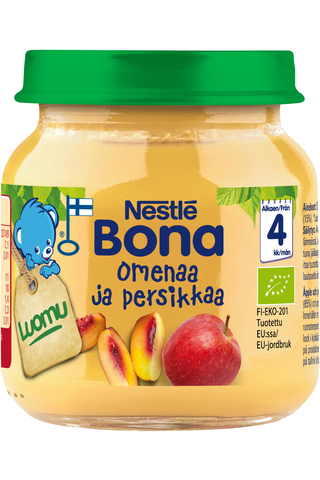
According to Comparative Biochemistry and Physiology, newly-hatched canaries undergo a rapid growth rate in the first 2 weeks after hatching, achieving 90% of their asymptomatic body mass by day 11.
Since eggs are a rich source of protein, include eggs in your canaries’ nestling food at least 12 days before they hatch.
Eggs also contain high amounts of calcium, which is crucial for the growth and development of bones, beaks, and feathers. Most of the calcium content is concentrated in the eggshells, so include crushed pieces of eggshells (put through a blender) in your canary’s nestling food.
The most common way to offer eggs to canaries is in the form of hard-boiled eggs. So, boil an egg for 10-15 minutes and let it cool before offering some to your baby canaries.
Alternatively, you can provide egg food. This is a crumb-like food mix containing eggs, bird seeds, and assorted vegetables.
Vegetables And Fruits
Baby canaries have weaker immune systems than fully-developed adult canaries.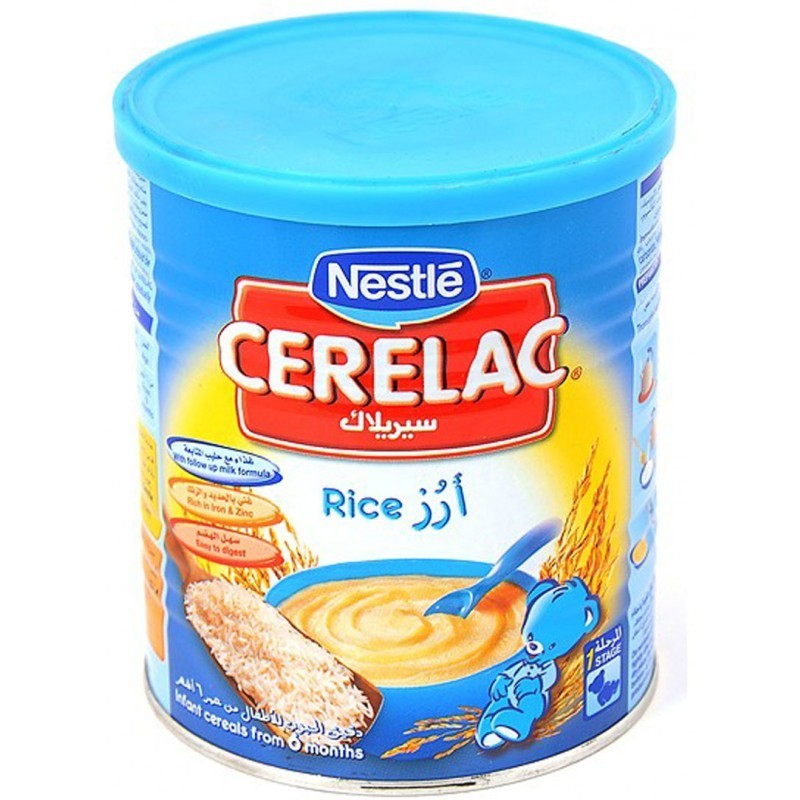 For this reason, it’s important to include immune-boosting foods in your nestling birds’ diet.
For this reason, it’s important to include immune-boosting foods in your nestling birds’ diet.
Leafy green vegetables and fruits are rich in vitamins and minerals, which support the immune system of adult canaries while feeding their fledglings.
Most fruits and vegetables can be fed to baby canaries, including:
- Apples
- Bananas
- Apricots
- Spinach
- Melon
- Broccoli
- Dandelion
- Grated carrots
- Tomatoes
- Kales
- Bok choy
- Collard greens
- Pineapple
Chop the vegetables into bite-sized pieces to make them easier for baby canaries to swallow.
When Can I Feed A Baby Canary?
Only hand-feed baby canaries once they’re fully weaned and ready to leave the nest.
This is usually when they’re about 4 weeks old. Fledglings less than 3-4 weeks old are directly fed by their parents from the nestling food you provide.
Once baby canaries are old enough to leave the nest (about 2-3 weeks after hatching), they’ll continue to feed on the nestling food before transitioning to the seed mix diet that adult canaries typically eat.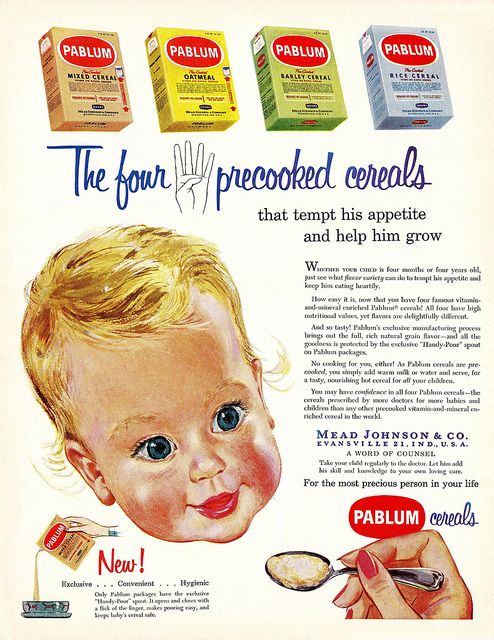
At this point, you can start hand-feeding them and begin introducing more variety to their diet.
How Often Should You Feed Baby Canaries?
The recommended frequency of feeding for baby canaries varies depending on the stage of development that they’re currently in. If a baby canary hasn’t opened its eyes yet, it needs to be fed at least 5-6 times per day, with 3-4 hours intervals.
Once the fledglings’ eyes are open, you can feed them 3-5 times (once every 5 hours). When their feathers begin to emerge, you can feed them 3 times per day.
How Long Can A Baby Canary Survive Without Food?
As fragile and helpless as baby canaries are, they can survive without food or water for up to 24 hours.
However, this is unlikely to happen if the canary’s parents are around since the parents will feed their young each time they have access to food.
However, if both the parents of the fledglings are deceased, feed the orphaned birds yourself.
Hand Feed Baby Canaries
Although it won’t be possible to hand-feed newborn canaries all the time, it does have advantages.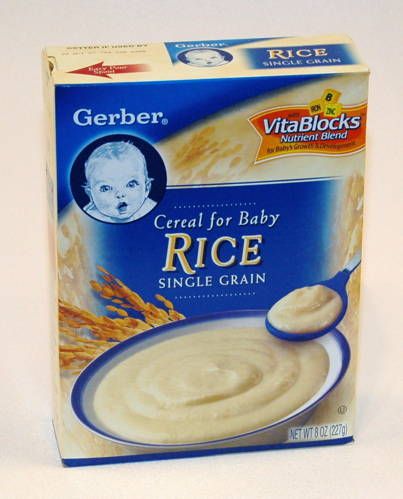
For instance, hand-reared hatchlings make better pets in the long term because humans have socialized them. So, hand-fed newborn canaries are less fearful of humans.
Hand-feeding fledglings is a significant responsibility, requiring patience, commitment, and time. If you need to hand-feed a baby canary, there are guidelines you must observe:
Freshness
Ensure the food mix is fresh and safe for consumption. So, avoid feeding them leftover foods since they may harbor bacteria or yeast, which can be harmful to canaries.
Hot And Cold Spots
Mix it thoroughly to ensure a uniform temperature if you’re preparing food in a microwave.
Ideally, the temperature throughout the food mixture should be about 102-106 degrees Fahrenheit. If the food is hotter, it can cause burns to a canary’s crop.
If the food is too cold, a canary may digest it more slowly or reject it entirely.
Dilute Food
Day-old chicks should be fed a 90% diluted mixture as they still utilize the egg’s yolk sac.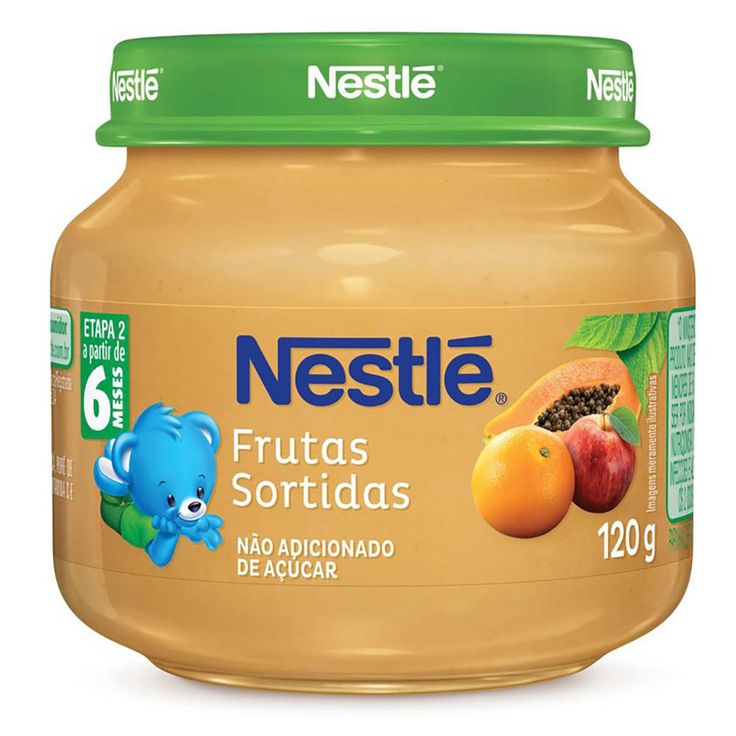 However, fledglings more than 1-2 days old should be fed a food mixture that’s 70-75 % liquid.
However, fledglings more than 1-2 days old should be fed a food mixture that’s 70-75 % liquid.
Right Tools
Syringes are preferred feeding tools for baby canaries since they allow more accurate recording volumes. However, if you don’t have a syringe, use a small spoon with its sides bent up and inward.
Keeping track of daily feeding is important to ensure you don’t overfeed your fledglings.
Proper Feeding
You can tell whether your canary is feeding properly if it rapidly bobs its head up and down.
This natural feeding response causes the trachea to close, making it possible for a canary to quickly swallow large amounts of food.
If your canary isn’t exhibiting this response during feeding, refrain from feeding it since this can cause food aspiration into the trachea and lungs, which can cause sudden death.
So, when hand-feeding your baby canaries, always feel their crops (the sac hanging at the base of the neck) to check whether they need feeding.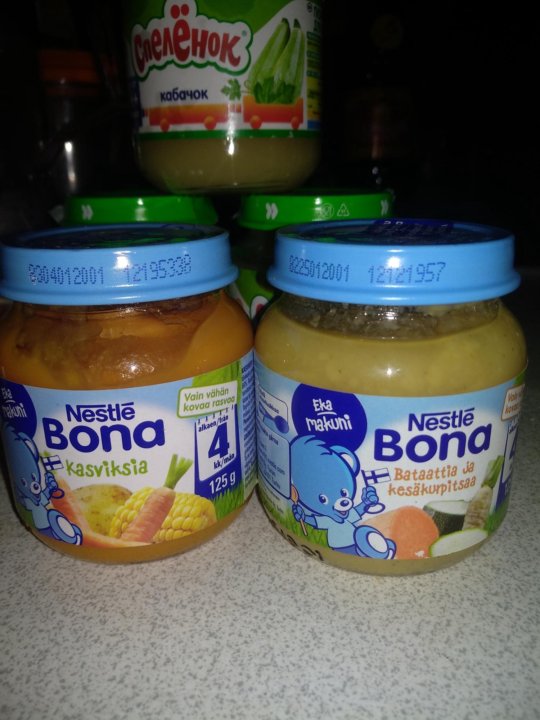 Only administer food if the crop feels empty.
Only administer food if the crop feels empty.
What Do Baby Canary Birds Eat? 6 Food Supplements
/ Food, Canary Baby / By
Baby canary birds eat nesting food which may differ from seeds to green supplies. Baby canary birds can also digest the seeds supplied by their parents. However, for healthy and active canary babies, nesting food along with green food supplements is necessary.
There are also readymade food/ seed supplements for the baby canary birds available in the market which need to be mixed either with water or sometimes with milk to be provided to chicks.
But, the best practice that I have ever experienced while feeding my canary baby birds is easy and affordable to everyone. Such supplements of foods have never disappointed me and will not disappoint you as well.
There are the following food supplements that baby canary birds eat.
1. Egg
2. Cucumber
Cucumber
3. Lettuce Salad
4. Hemp Seeds
5. Seeds
6. Nesting food
What Do Baby Canary Birds Eat1. Eggs
While feeding the baby canary birds when they hatch from the first day, I put a boiled egg in the container for their parents which they start to carry for their chicks. Egg contains vitamins and other necessary nutrients that nourish the baby canary chicks at an earlier stage very well.
The egg supplement should always be replaced each day with the fresh one to serve healthy food supplements to canary bird babies.
After the canary chicks reach 3 weeks or a month, a meshed boiled egg may be served. After a month they start sitting on perches and fly here and there. So, they do also try to taste the supplements. A meshed egg is the best supplement and beginner food for these birds to learn to eat. A meshed egg can be continued for 7 to 10 days more unless they can easily break the shells of the seeds to eat.
A meshed egg can be continued for 7 to 10 days more unless they can easily break the shells of the seeds to eat.
2. Cucumber
The next food supplement that is very essential for the baby canary birds to eat is the cucumber. Cucumber supplies all liquid and digestion nutrients to canary bird babies which also protects them from constipation and other stomach issues.
In addition, each time when you serve egg to canaries it is also very necessary to supply cucumber or salad after the egg supplements. Because in most cases, canary birds can easily get sick and confront diseases like diarrhea especially in summer and hot seasons.
Cucumber can be continued from day 1 to day 60 for the baby canary birds. It doesn’t have any side effects for canary birds. Even it improves the shininess of feathers of canary baby birds.
I have also experienced that cucumber can be a healthy supplement while in molting season for canary birds.
Read more about Canary Birds Foods Here
Well, when baby canary birds leave their nest and start to fly and jump.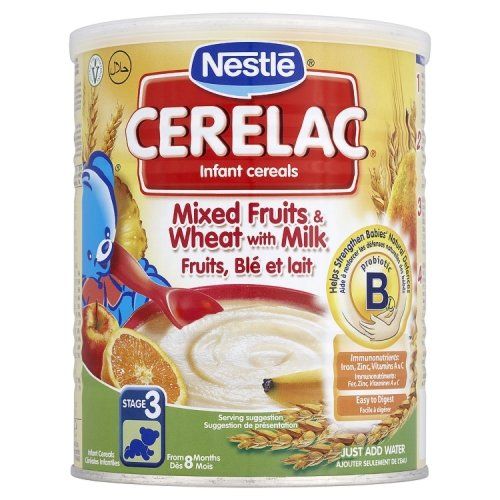 Cucumber cut into half and placed in a container or on perch, chicks start to taste it and learn eating easily. It can also fulfill the need for water to be maintained in their body until they learn to drink from the water tank.
Cucumber cut into half and placed in a container or on perch, chicks start to taste it and learn eating easily. It can also fulfill the need for water to be maintained in their body until they learn to drink from the water tank.
So, I find and suggest cucumber an essential food supplement for the baby canary birds to eat on regular basis.
3. Lettuce Salad
Lettuce is also a good food supplement for baby canary birds to eat. It can be served as like egg and cucumber on daily basis from hatching up to 60 days after the hatching.
This is also a great source of energy for canaries while digesting their food. But, you need to be more careful while serving salad to canaries either baby canary birds or adults.
Before, serving salads you need to taste it if it tastes good. In case, the taste is different and bittering, don’t supply it to the birds. You may lose your bird.
4. Hemp Seeds
Hemp seeds are also an essential food supplement for baby canary birds to eat.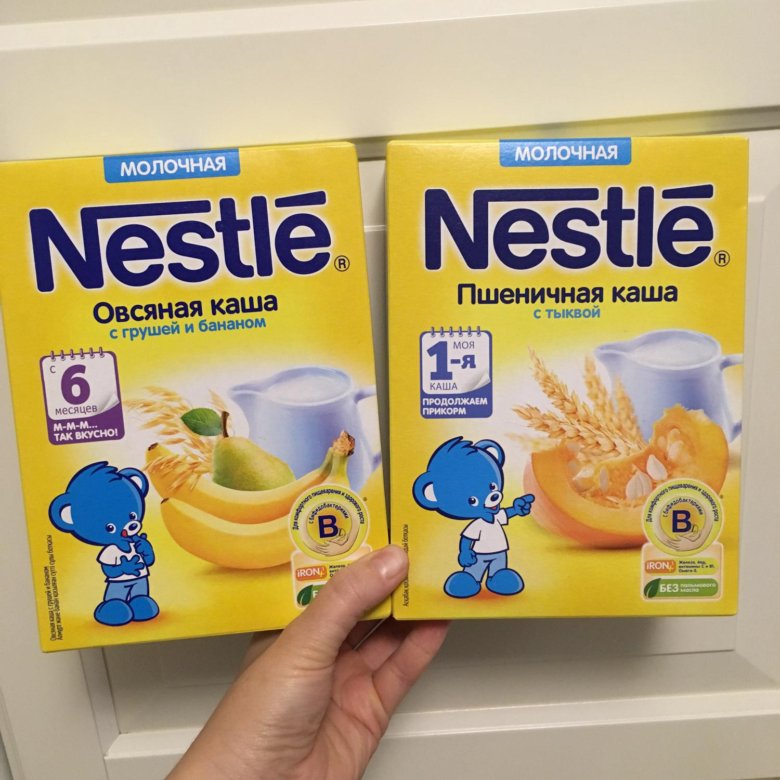 Hemp seeds may be kept in the water for more than an hour or should be boiled for about half-hour and then be kept to dry.
Hemp seeds may be kept in the water for more than an hour or should be boiled for about half-hour and then be kept to dry.
Once they are dried and the shells of the seeds are open, you can serve these to canary chicks. This supplement can also be served from day 1 to day 50.
Hemp seeds contain all necessary nutrients that help baby canary birds to nourish in the body. They get a healthy and fit body through this food supplement.
Once they step out of the nest and start learning to eat eggs, cucumber, and salad, the hemp seed is the first and easy step for learning to eat seeds. Because their shell is already open and easy to break so they find it very comfortable and easy.
Note: This supplement should be stopped after 45 to 50 days depending on the body and size of chicks because the continuous supplement would cause fatness and heaviness. However, it can be served on a weekly or monthly basis.
5. Mixed Seeds
Normally mixed seeds are served to baby canary birds by their parents from hatching until they learn to eat. However, male and female canary birds love to serve soft food supplements to chicks as that is easy to digest.
However, male and female canary birds love to serve soft food supplements to chicks as that is easy to digest.
Mixed seeds are an essential part of the food supplements for baby canary birds as they will be part of their diet in the future.
But, from day 1 to day 30 to 40, baby canary birds find it hard to eat seeds. However, they do practice and continue to learn to eat mixed seeds.
6. Nesting Food
Nesting food means the ready-made available food supplements for the baby canary birds. These supplements contain all necessary nutrients in one place where you don’t need to supply various food supplements.
You can say that it is all in one package for the baby canary bird’s diet. It is the best option for those canary birds lover who doesn’t have much time and can’t do much hard work to put each supplement separately.
My thoughts:As I have already shared all my experience with you people.
I would love to go for naturally available food supplements for my baby canary birds to eat as they are fresh and I have always been applying these methods which never disappointed me availing clutches of canaries.
I hope you have now an easy and affordable natural way of food supplements for your baby canary birds that they can eat and grow well naturally.
Let me know if you have any question and reach me out. I would love to help you.
How to feed a canary with chicks, how to care for them?
It is very important to know how to feed a canary with chicks, because the health of the female and babies depends on it.
The female usually starts feeding the chicks regularly the next day after they are born , but good females start feeding the chicks after 2-3 hours.
If the canary feeds the chicks well, they lie calmly in the nest, in a dense lump against each other, with their heads tucked down, food peeps through the walls of the goiters, the chicks grow rapidly. The abdomen of such a chick is swollen, tight, the skin on the abdomen is smooth, without folds and wrinkles.
The abdomen of such a chick is swollen, tight, the skin on the abdomen is smooth, without folds and wrinkles.
When the female begins to hatch, she should be fed only grain (see "What can I feed a canary?"), Without additional ration. Excessive feeding of the mother hen leads to the fact that she will incubate the eggs poorly, often fly off them, and, perhaps, after a while, she will prematurely call the male again and build a new nest, destroying the old one.
Only a day before the chicks hatch, canaries additionally include a small amount (1/2 teaspoon) of chopped chicken egg with grated cracker in the feed ration.
What to feed a canary with chicks? From the moment the chicks appear, the female is regularly given egg food, one teaspoon per day, gradually increasing this portion to 2-3 tablespoons per day, since as the chicks grow, the canary intensifies their feeding. On warm summer days, egg feed should be given in smaller doses, but several times a day, to avoid spoilage.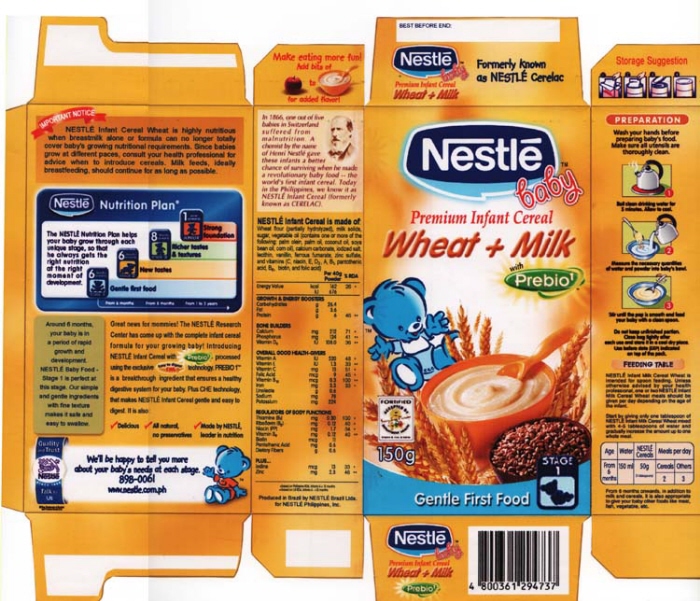
On the 5th day after the birth of the chicks, you can start giving the female an additional slice of fresh carrots or a slice of sweet apple , fixing them between the bars of the cage near the perch. Crushed multivitamins in the form of dragees can be added to egg feed. Greens should not be given to a nursing female. Bathing suits should be suspended from the cage from the moment the male and female are put into it and until the end of incubation. Then a break is made and after the chicks reach 8-10 days of age, the bathing of the female must be resumed. This break is necessary, because otherwise the female may catch a cold of the chicks, which are extremely weak until this time. Bathing while incubating helps keep the female's plumage and egg shells clean. All this contributes to the development of the embryo in the egg, as it creates an influx of moist air in the nest and increases the exchange of oxygen in the egg through the clean pores of the shell. With systematic bathing during incubation, there are almost no cases of death of the embryo in the egg.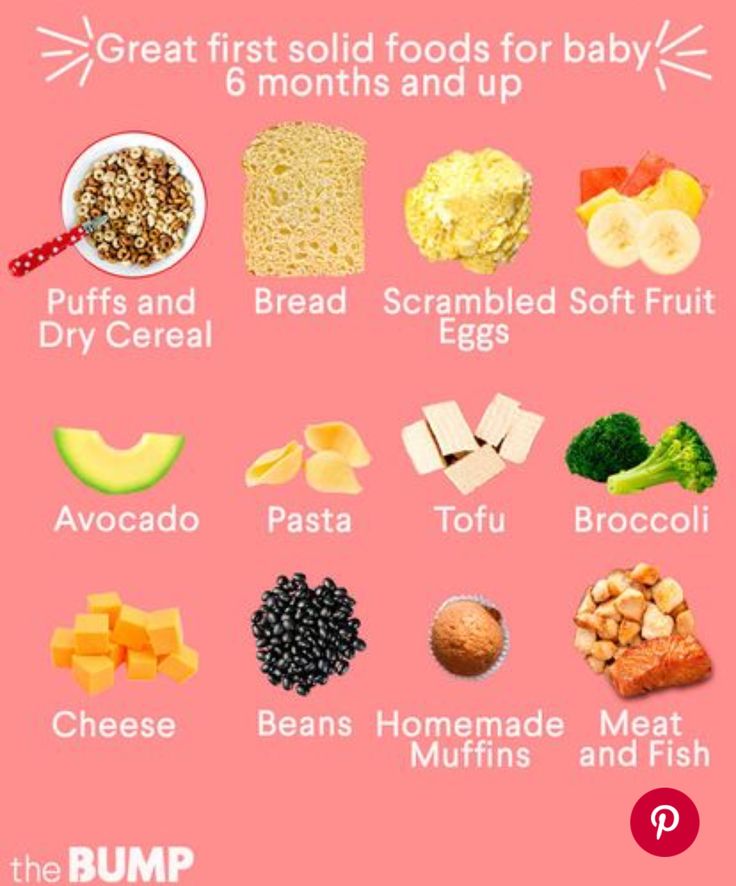
At the age of 5 to 7 days, the eyes of the chicks open , more intensive growth of plumage and faster development begin. On the 7-8th day, the chicks are banded (see "Accounting and banding of canaries"). Due to the fact that by this time the female cannot cope with cleaning the nest (removing the litter), it is recommended to clean or change the nest at the same time, for which, after shifting the chicks carefully to another nest, change the old bedding of thread and remove dirt, and then put the chicks back in .
On the 18-20th day the chicks start to fly out of the nest . It is not necessary to speed up the departure of the chicks from the nest, the more they stay like this, the better it will affect their development. After leaving the nest, the chicks should be left in the cage with the female until they begin to peck food on their own (this occurs on the 23-24th day). Then, after waiting another 2-3 days and making sure that all the chicks eat food on their own, at first only egg, and then grain (scalded and dried rapeseed), they are transferred to a separate cage and, after allowing them to fly around for several days, are then transferred to a large span cell.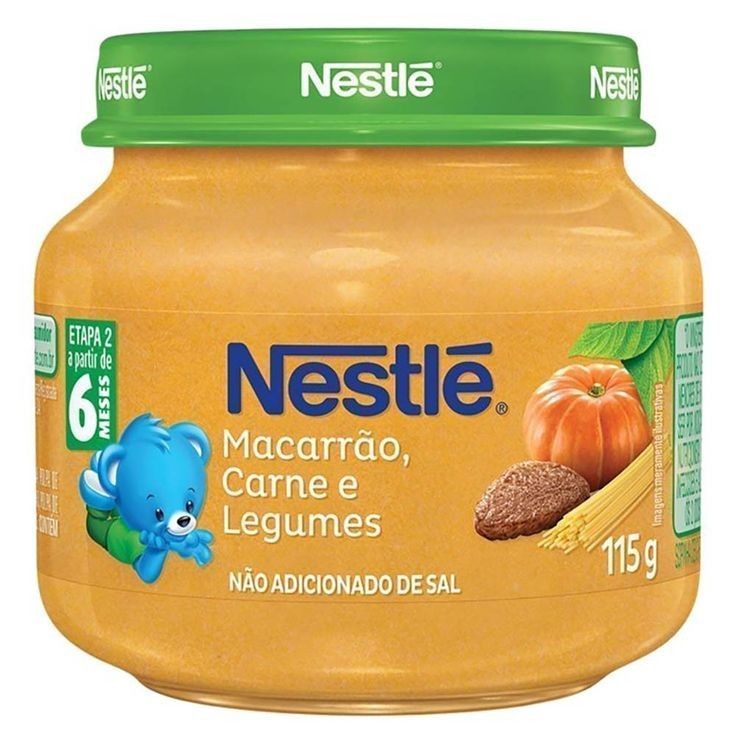 Chicks should be planted at 26-28 days of age. Sometimes, a week before the chicks are deposited, some females, showing a desire for nesting, begin to pluck the chicks. So that the chicks do not die, they need to be transferred to another female, and if this is not possible, they should be deposited in a small cell, placing it close to the cage. The female will feed the chicks through the bars of the cage. Of course, the quality of feeding will deteriorate significantly.
Chicks should be planted at 26-28 days of age. Sometimes, a week before the chicks are deposited, some females, showing a desire for nesting, begin to pluck the chicks. So that the chicks do not die, they need to be transferred to another female, and if this is not possible, they should be deposited in a small cell, placing it close to the cage. The female will feed the chicks through the bars of the cage. Of course, the quality of feeding will deteriorate significantly.
_______
From the book by Iosif Abramovich Rozin “Canary. Care, maintenance and breeding, 1959
Here you can read How to feed canary chicks? Sex determination of canaries
basics and rules of daily diet, food during molting
How to feed a canary - basic diet
The bird does not like monotony - it needs a complete diet, which includes seeds, nuts, cereals, mineral supplements and vitamins. It was noticed that not only her well-being and mood, but also the color of plumage depend on nutrition.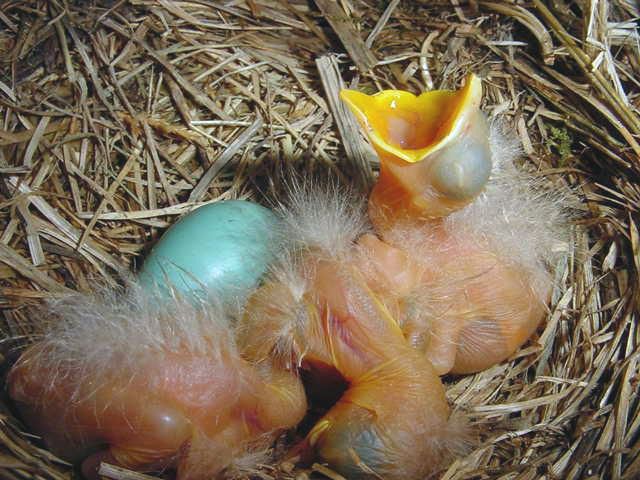 If the menu includes a lot of vegetables, then the color becomes brighter and more expressive, and when fatty seeds are introduced into the diet, the feathers darken.
If the menu includes a lot of vegetables, then the color becomes brighter and more expressive, and when fatty seeds are introduced into the diet, the feathers darken.
Fruits of trees and shrubs, seeds
Nuts are one of the birds' favorite treats, but do not forget that this is a fatty product. It should be given in crushed form, no more than two or three times a week. Although some canary breeders recommend including nuts in the diet no more than once every 7 days. Quantity - three, four pieces (no more). The best nut food for canaries is almonds, peanuts, walnuts. Seeds are an obligatory part of the menu:
- Vegetables - cabbage, cucumber, zucchini, pumpkin, garden turnip.
- Wild herbs - dandelion, chicory, plantain, nettle.
- Agricultural crops - chickpeas, beans, sesame, poppy.
Canaries can be treated with sunflower seeds, but keep in mind that they contain a large amount of oil (up to 50%). Seeds are given in crushed form, combined with crumbs of crackers and grated carrots.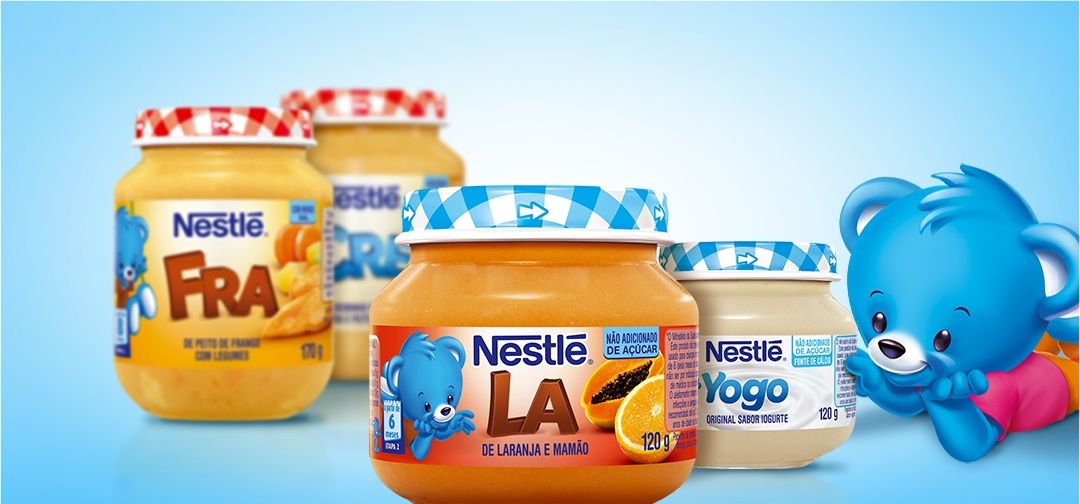
Grain food for canaries - which is better
Grain is the basis of nutrition for this individual. Virtually unlimited options in choosing this crop, each of which should be part of the diet:
- Oats - rich in minerals, amino acids, protein and vegetable fibers. Not given raw (necessarily steamed until softened).
- Wheat - contains macro-and microelements, vitamins, vegetable protein. The grain is steamed or germinated in advance (it is not served dry).
- Corn - rich in minerals and carotenoids. Introduced into the diet up to 20% of the total food.
- Fig. It is used as an addition to the main food, but infrequently and in small quantities.
- Rape - contains carbohydrates, fiber and proteins. For a canary, this food is one of the most delicious - she loves it very much.
- Barley - contains vitamins, vegetable fibers, minerals. It is given boiled, mixed with vegetables or other food.
How to feed a canary to replenish the smell of vitamins and minerals
Various components are used as mineral supplements, which are manually ground and mixed into the feed.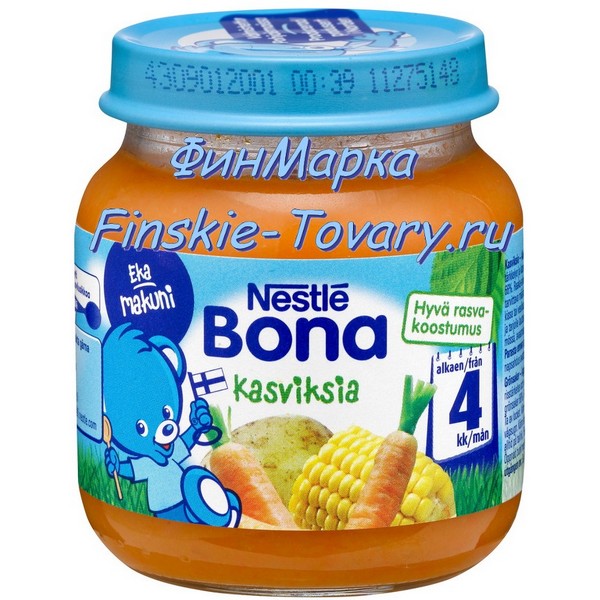 These include: coal, clay, river sand, shells, chalk, calcium gluconate. Thanks to the additives, the good development of the bird is ensured and its health is maintained.
These include: coal, clay, river sand, shells, chalk, calcium gluconate. Thanks to the additives, the good development of the bird is ensured and its health is maintained.
Vitamins are replenished with fruits and vegetables, which can be rotated and given as a complete diet. The main ones are: pears, apples, peaches, apricots, carrots, beets, cabbage, turnips, cucumbers, pumpkins. Also, it is recommended to feed with dried fruits, previously steamed or soaked in water. It can be prunes, dried apricots, dates.
Are other bird foods suitable for canaries? Often this is food that you cannot feed a canary, and some of the components are strictly prohibited. Even if the bird eats it with pleasure, health problems are inevitable in the future.
The best mixtures for canaries
- RIO – balanced (with vitamins, calcium, phosphorus and Omega) and mineral (shell rock, stone, clay, coal, shell). The manufacturer offers separate formulations for feeding during molting and germination kits.
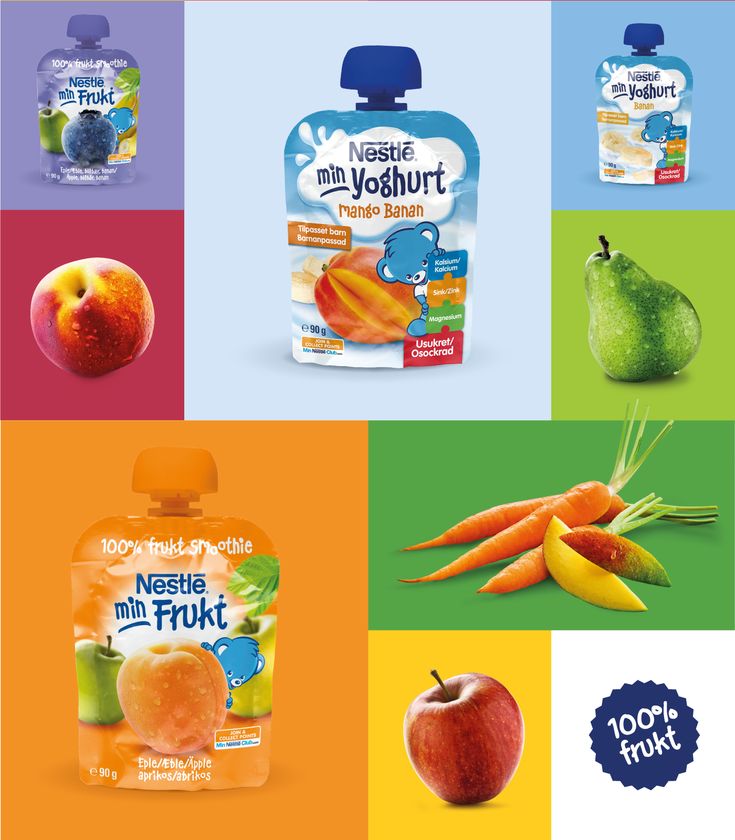 Feed kits can completely replace the daily diet of a canary, each of them has balanced ingredients and additives.
Feed kits can completely replace the daily diet of a canary, each of them has balanced ingredients and additives. - Padovan - complex food with specially selected ingredients (rich in vitamins A, D, E; contains cereals, seeds and bakery products). For the good health of the feathered, the manufacturer has released a special composition of bio-sand. The product disinfects the digestive organs, facilitates the grinding of food and ensures the prevention of skeletal deformities.
- Cliffi is an Italian food, which includes a specially selected grain mixture (oats, flaxseed, rapeseed, biscuits, canary seed). It has a good pleasant taste.
- ZOOMIR is a multicomponent feed with seeds of wild and cultivated plants. Designed for the daily diet of canaries.
- Mr. ALEX is a nutritious food made from cereals growing in Siberia and Altai. Provides complete nutrition necessary for a healthy and long life.
What do they feed canaries during molting
How not to miss the molting period? If your bird began to “lose” feathers, and short re-growing hairs are visible in their place, then the plumage has begun to change.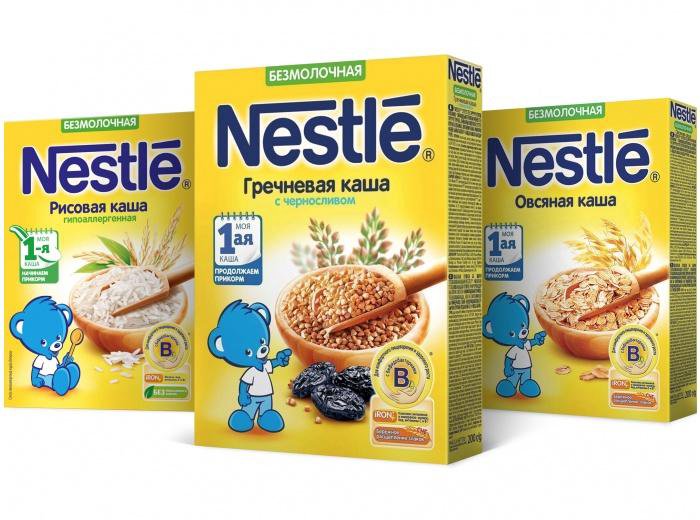 This natural physiological phenomenon does not affect the health of the canary, but requires her to be transferred to a balanced diet in order to avoid beriberi. During this period, more vegetables, herbs, berries and fruits should be introduced into the diet. The menu should include sprouted seeds, clay, chalk, charcoal, eggshells. When buying feed, pay attention to full-fledged balanced compositions, rich in vitamins and minerals.
This natural physiological phenomenon does not affect the health of the canary, but requires her to be transferred to a balanced diet in order to avoid beriberi. During this period, more vegetables, herbs, berries and fruits should be introduced into the diet. The menu should include sprouted seeds, clay, chalk, charcoal, eggshells. When buying feed, pay attention to full-fledged balanced compositions, rich in vitamins and minerals.
How to feed canaries during chick-rearing and nesting period
During breeding and raising babies, the canary spends a lot of energy and strength. Both before mating and during nesting, she needs food with proteins, vitamins and fiber. Plan in advance what you will feed the canary while hatching eggs - she will need green food, both ready-made store-bought and designed for self-cooking.
A few days before the chicks hatch, eggs and grains should be introduced. When feeding offspring, the "mother" should eat germinated seeds and cereals, cereals, ready-made soft mixtures of vegetables.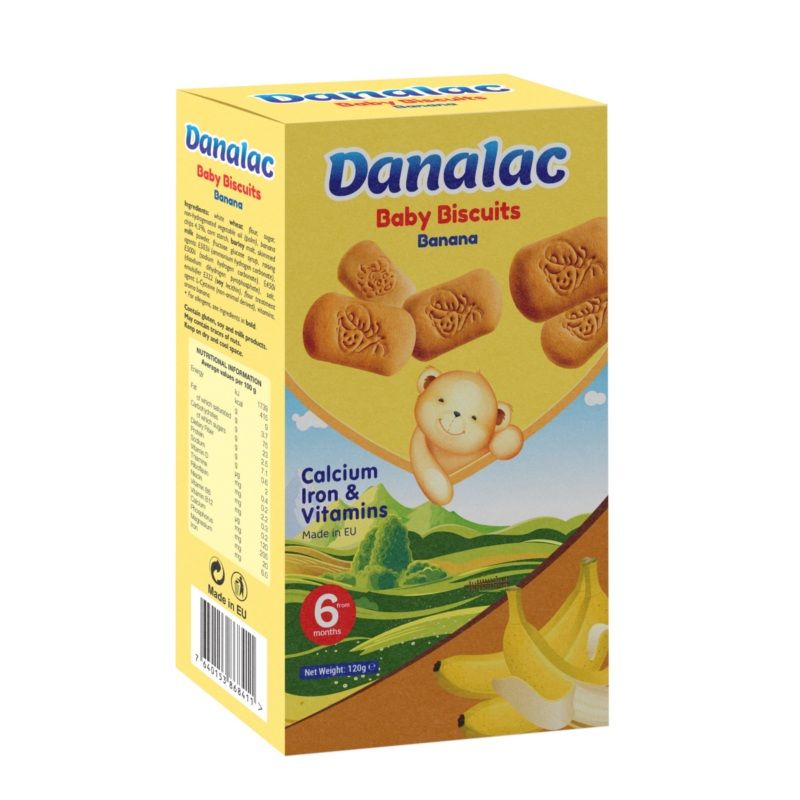 If possible, buy her fodder insects.
If possible, buy her fodder insects.
What is absolutely forbidden for canaries
It is a mistake to think that your bird can eat from the master's table. Forbidden foods have a negative impact on her health and general condition. It is strictly forbidden to give bones from berries, raisins, avocados, persimmons, potatoes, parsley, dill, cilantro, branches of shrubs and trees, chocolate, fatty, salty and sweet. If these recommendations are not followed, the health of the canary is rapidly deteriorating and can lead to serious illness or death.
Water is an important part of the diet
Fluid plays an important role in the life support processes of birds. Water is part of the cells, and in general, most of the body consists of it. With the help of it, the bird receives nutrients in dissolved form and absorbs them. Fluid deficiency is detrimental to health and metabolism. Without it, the canary cannot live more than 5 days. Getting little water, the feathered one loses its vitality and may die.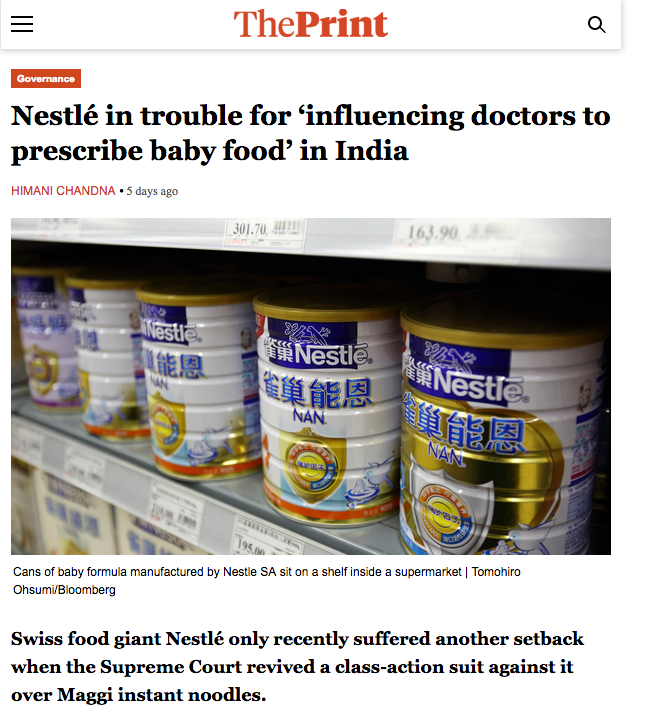
Water is also very important for chicks separated from their parents in the first week. With a lack of drink, they lose their appetite, have a disheveled, untidy appearance and show apathy towards the whole environment. The liquid should be in a bowl not only in the warm season, but also in the winter. The amount can be reduced if the bird's diet includes soft food and germinated seeds.
How to properly organize meals
Canary is a very cheerful and playful bird. In order for her to maintain this state as long as possible, the following recommendations should be observed:
- Organize regular and systematic feeding - at the same time, twice a day. Light foods (vegetables, fruits) can be placed in the cage in small portions and throughout the day.
- Feed must be fresh and of good quality; food is balanced and varied.
- Take good care of the bird and its habitat.
- The daily norm is determined not just at one's own discretion, but depending on the age and condition of the individual.


